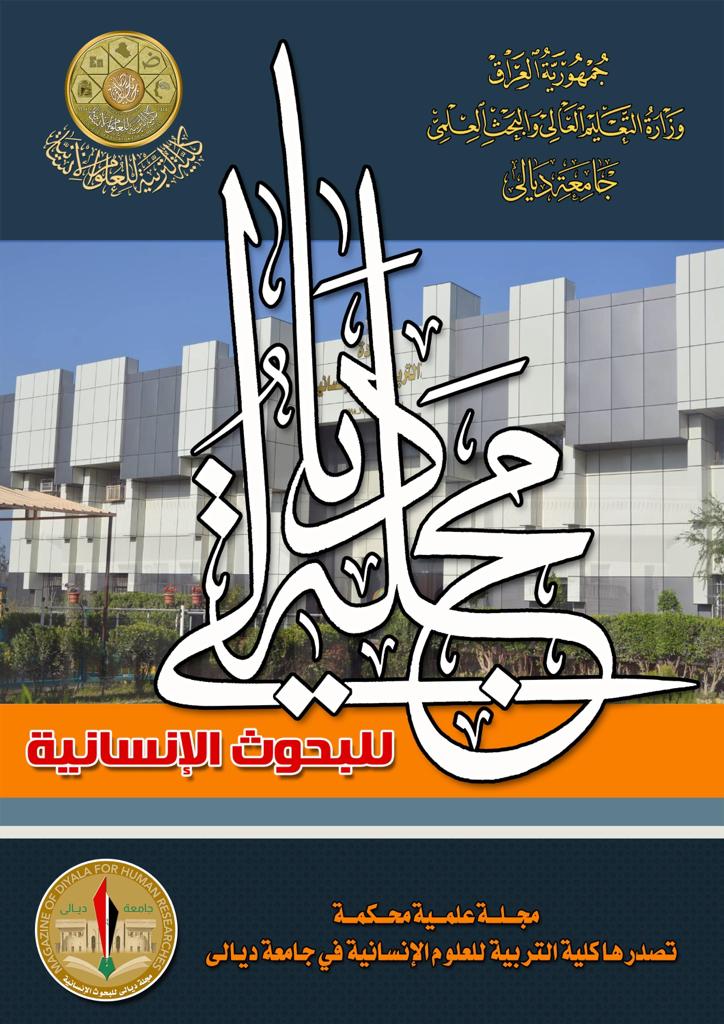Simone De Beauvior's The Second Sex & Tsitsi Dangarembga's Nervous Conditions :An Insight Into Feminist Issues and Women's Autonomy under the Domination of Masculinit
DOI:
https://doi.org/10.57592/djhr.v1i74.765الكلمات المفتاحية:
Second Sex, Feminism, Domination of Masculinityالملخص
The movement of feminism was distinguished by effective policies and themes that all called for gender inequalities, domestic violence, sexual harassment, failure to listen to women's voice, and the inaccurate impression about women's abilities and lives. Variously, women targeted their efforts to transform the public policies into feminists' benefits whether directly or indirectly to reform gender imbalances.
Feminism is "a development and movement in critical theory and in the evaluation of literature. It is an attempt to describe and interpret women's experience as depicted in various kinds of literature especially the novel and to a lesser extent, poetry and drama"(Cuddon, 315). It contains different movements, theories that are related to politics and sociology, and philosophies. These various pranches concerned with issues of gender discrimination, equality of women, and the campaign for women's rights and interests. Moreover, Feminism is the theory of the political, economic, and social equality of the sexes and originated actively on behalf of women's rights and interest (Merriam-Webster, 2007).
This movement sheds light on some points that question why and how women are oppressed, and why that long-standing dominating male image overwhelms upon women existence.
In fact, feminism hopes to do reform movements because of their gender; they would not be able to do much at all in comparison to men as they would be isolated from positions of decision-making. It tackles cases of sexuality, the social structure of gender, the traditional male ideas about the nature of women…how they feel, act, and think, and how they seem to appropriate to life and living.

